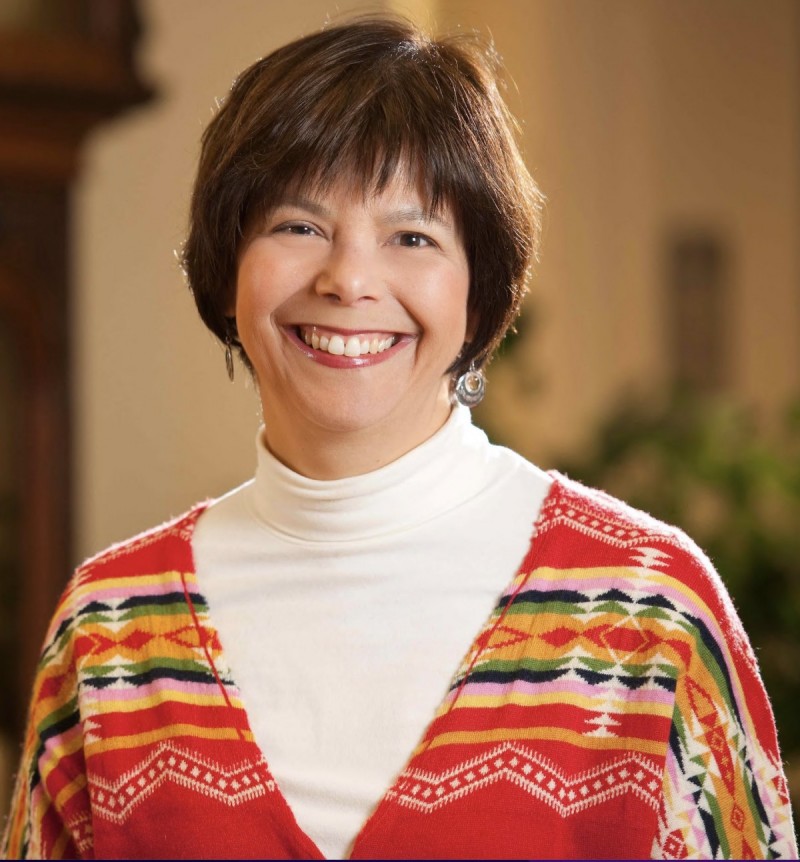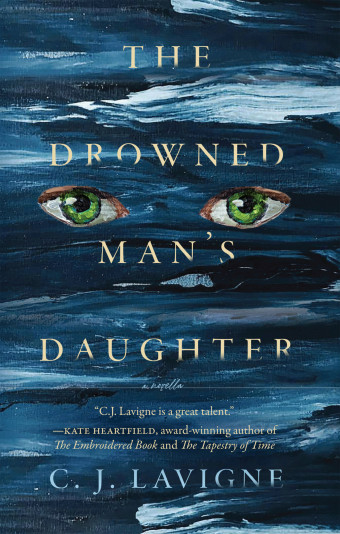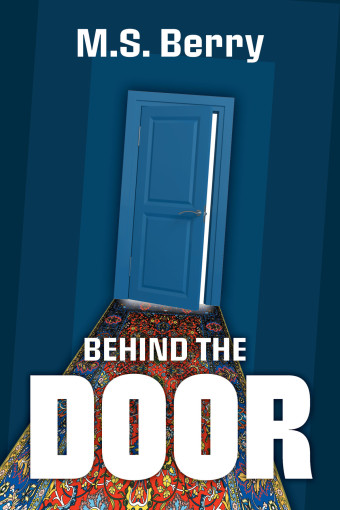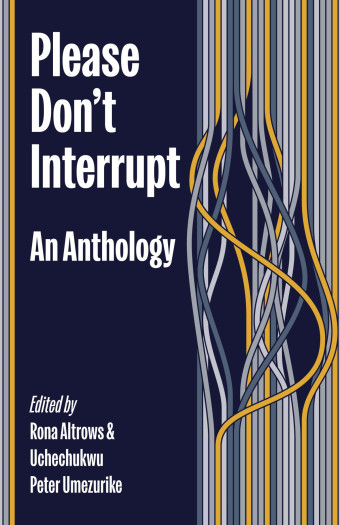Juste une moitié de lune, the new collection of short stories by Lise Gaboury-Diallo, takes its title from a moment in one of its stories. A person looks out the window to see a half-moon, observing an incomplete image but also a perfect one.

- Juste une moitié de lune,
- Lise Gaboury-Diallo
- Les Éditions du Blé
- $21.95 pb, 176 pages
- ISBN: 978-2-924915-72-1
“It’s a poetic moment,” says Gaboury-Diallo, the author of a number of short story collections, poetry collections, and theatre works. “Just a half-moon, incomplete but perfect.”
These are stories full of poetic moments. “I am very sensitive to imagery, the richness and the potential of the poetic style,” she says. “I take great care to ensure the text is visual.”
The stories are fiction with bits of reality woven in. Most of the characters are loosely identified. There are few specifics to define them or their location, creating a sense of universality.
One story takes place in Africa. Another happens in what could easily be assumed is today’s Ukraine, but it was written well before the current conflict began. Instead, Gaboury-Diallo imagined it would take place in the Hispanosphere (Hispanic culture and society).
To evoke the places, the francophone remembered her childhood in Winnipeg, the time she lived in Africa – in Senegal and Mali – and her doctoral studies in France. Today, she is a professor of languages at Université de Saint-Boniface. “I have had a full life, with much happiness,” she says.
Her parents have always been her first readers and biggest fans. In fact, it was with their encouragement that, when Les Éditions du Blé were looking for new writers on their 25th anniversary, she submitted some work and it resulted in her first book.

Last year, her father, architect Étienne Gaboury, passed away, but before he left her, he read her latest book.
“I miss him. These stories of losses and hope, of hope and loss are for my father. I miss him terribly,” Gaboury-Diallo says.
Half of the stories are told in the third person, and half are told in the first person. Gaboury-Diallo explains, “I have fun with the narrative voices. I explore different voices, different forms like dialogue. But the thread that ties it all together is the waiting between loss and hope.”
The stories include tragedy, war, and death. “Humanity suffers from many losses but retains the flame of hope. That can motivate us to continue on,” she says.
“Highs and lows are a part of life. Hope is a star that can guide us. I am an optimist.”













